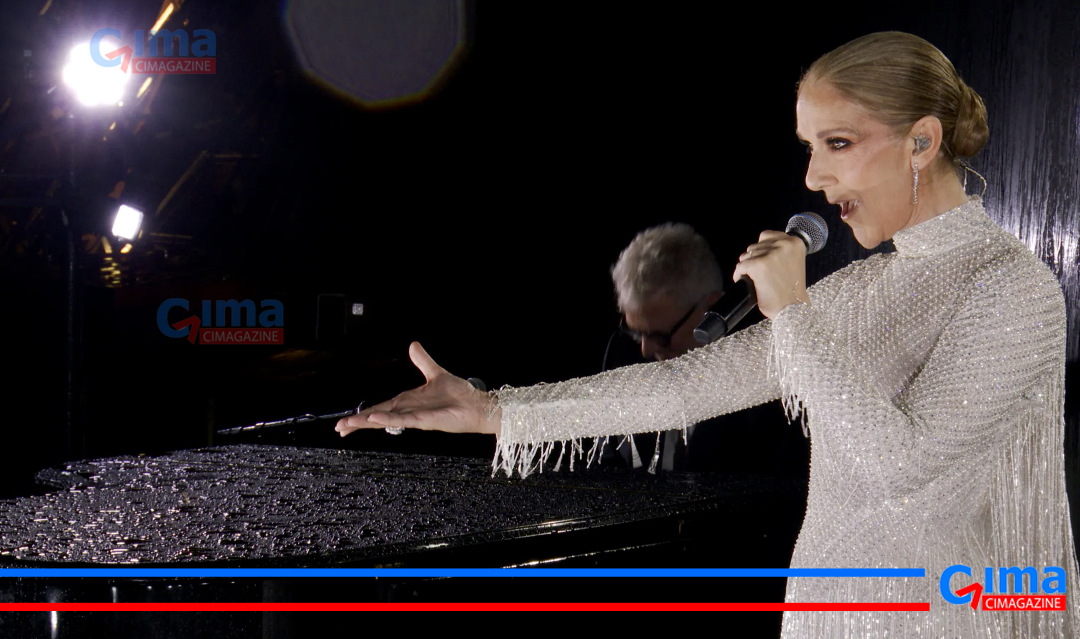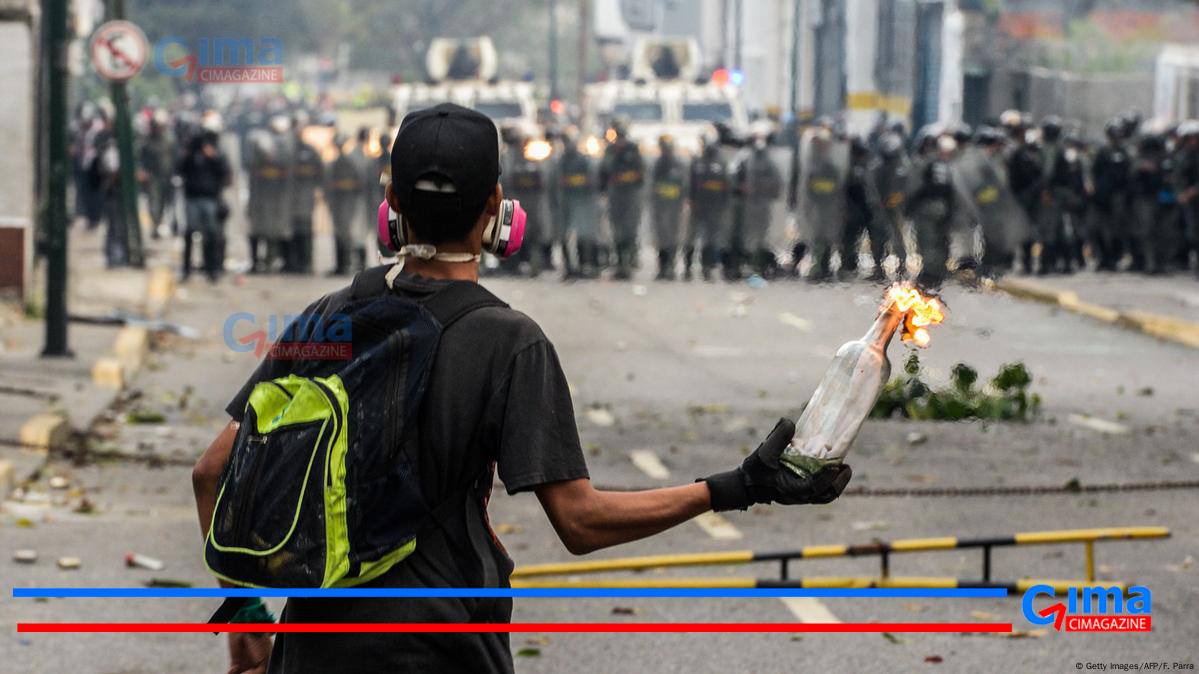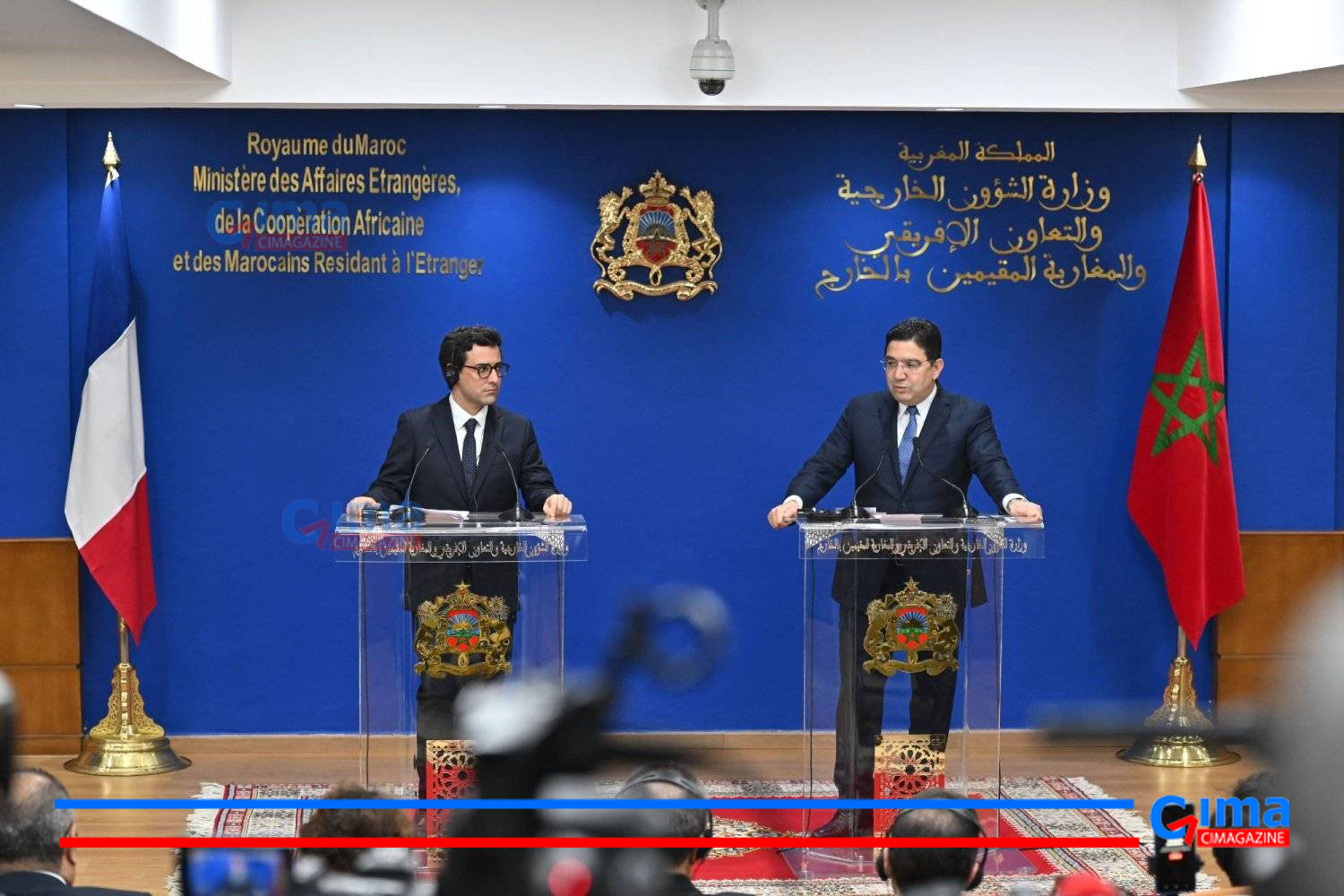This conference does not feel like a gathering of a party that just suffered an existential election defeat less than 100 days ago. Four contenders and the biggest platform of the year to make their case to be leader of the opposition. Welcome to the Conservatives' annual conference in Birmingham - a four day job interview in the glare of the spotlight, with the axe falling on two of the four candidates in just 10 days when MPs vote to narrow them down again.
Tory leadership contest shows striking lack of focus on issues that cost party the election


It is a conference like no other. Rishi Sunak is leader in name only and certainly not providing direction: this is the first Tory conference without a leader's speech since 1963 - when Harold Macmillan was in hospital with suspected prostate cancer.
Politics live: Mood at Tory conference 'like things aren't quite so bad'
Yet it does not feel like a gathering of a party that just suffered an existential election defeat less than 100 days ago. This conference - with multiple overflow tents covering as big a footprint around the Birmingham conference centre than I can remember - shows none of the shrinkage often seen in some opposition conferences.
There's a similar perhaps delusionally bullish vibe among MPs and defeated candidates, who are lapping up the short term tempest faced by Sir Keir Starmer's government and display a belief the gap back to power may not be as big as they feared mere weeks ago.
Even the Conservative candidates suggest they think "one more heave" will be enough to return them to Downing Street rather than a massive radical top to bottom rethink, offering more continuity than change in the opening pitches of the conference this morning.
It will soon be for MPs, and eventually the membership to decide whether this is the right approach.
Read More:
Time to 'shine or crash' for Tory leadership rivals
Tory rivals could get yellow card for bashing each other
Which candidate is most popular with the public?
One of the biggest challenges this week will be working out the substantive differences between the four candidates, who feel like they are trying to contain their difference to limited and specific areas like membership of the European Convention on Human Rights.
Getting the candidates' responses on events unfolding in the Middle East on Sunday Morning With Trevor Phillips was particularly instructive.
Asked by Trevor Phillips what they would be telling leaders in the Middle East if they were PM, Tom Tugendhat sidestepped talking about Israel, and instead directed his criticism at Iran, saying this was "no time for escalation".
James Cleverly took a middle course, defending Israel's right to defend itself but proffering that Israel has "to abide by international law".
Robert Jenrick said he was not "uncritical" of Israel but said it had been acting "reasonably" and taking the "necessary steps" to avoid casualties.
But the stand out answer - designed to grab attention - was that of Kemi Badenoch.
Following the assassination of Hezbollah chief Hassan Nasrallah, which however justified worries other Tories it could push the region to the brink of war, Badenoch said if she was PM "I would be congratulating Prime Minister Netanyahu. I think what they did was extraordinary".
"Israel is showing that it has moral clarity in dealing with its enemies and the enemies of the West as well," she said. "Hezbollah is a terrorist organisation, and I think that being able to remove the leader of Hezbollah, as they did, will create more peace in the Middle East."
Grabbing attention. Giving crisp, stand out answers. Embracing provocation. Both on the most sensitive issue of the moment, but throughout her appearance this morning.
To distinguish from the men, she believes she can turn heads with an explosive remark, but then display the ability to deliver a more nuanced answer when pushed.
Take another seemingly abrasive remark: that she was struck by the number of recent immigrants in the UK who hate Israel. Phillips pushed whether she was in fact criticising Muslim immigration - a charge she denied citing her travels in Saudi Arabia. She wants to be seen going harder on topics others might be squeamish about.
"I will not stand there and let people punch me. If you swing at me, I will swing back. But I don't look for fights," she declared.
This is all a hard headed strategy designed to ensure she stays in the final two, gambling that she can be more memorable an opposition leader than the three men she is against. The question is whether this appeals, or reinforces the critics among MPs.








